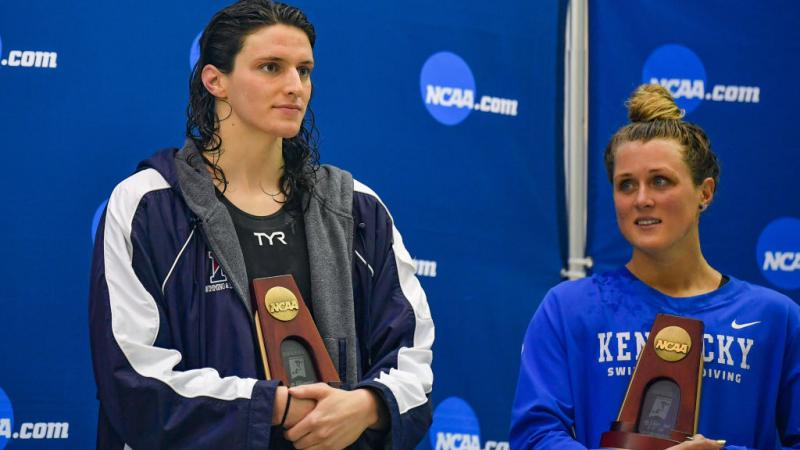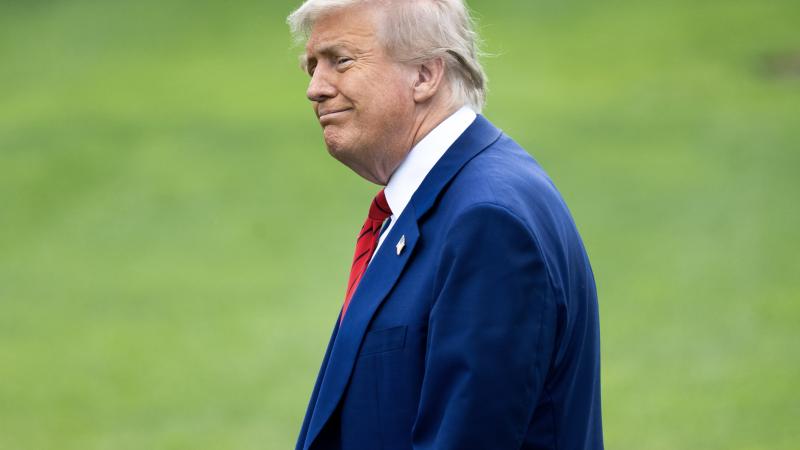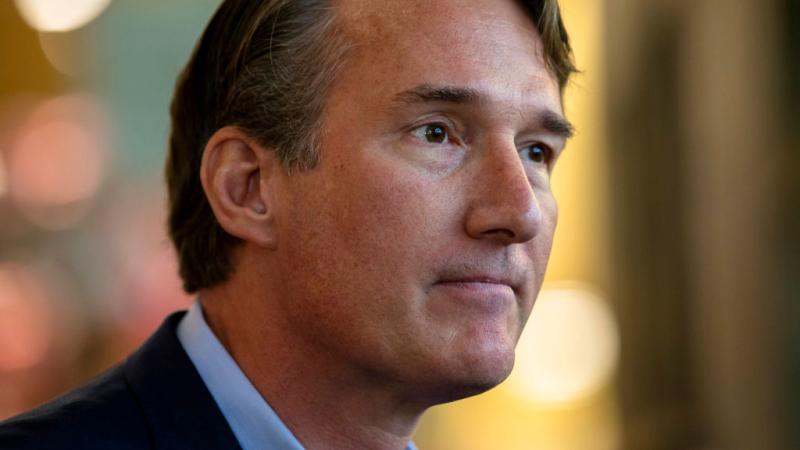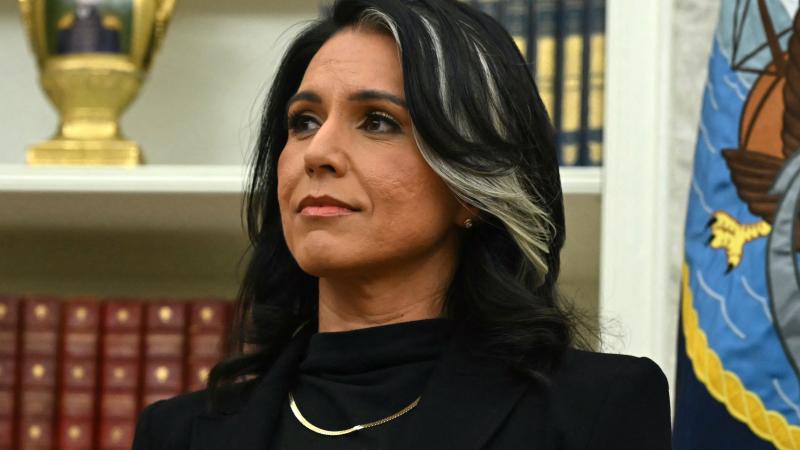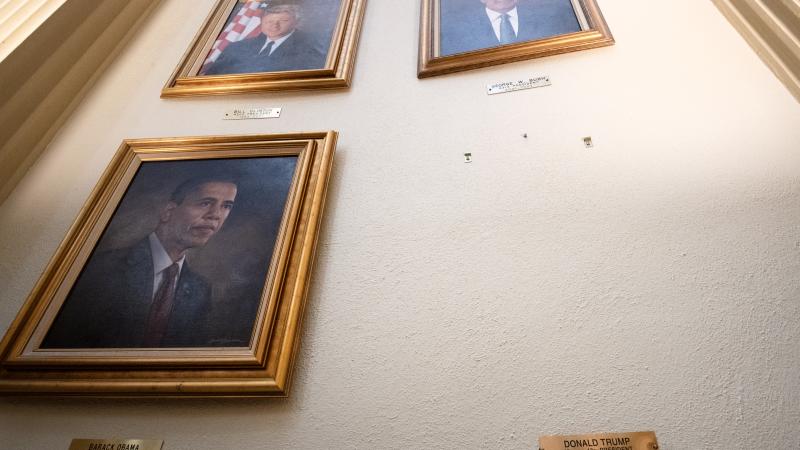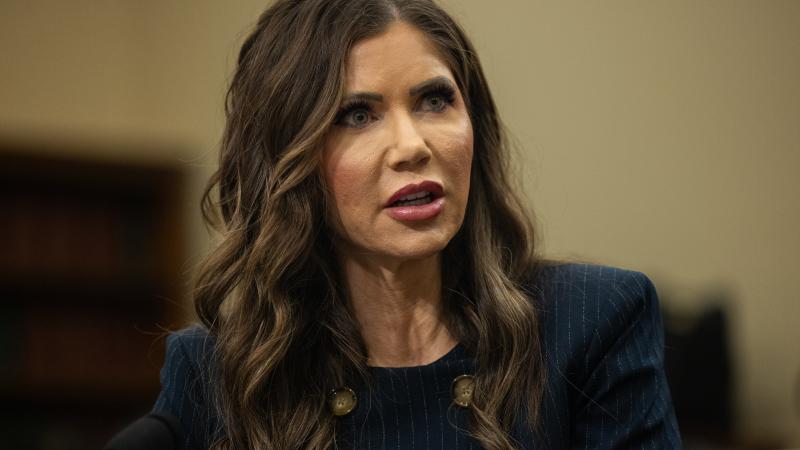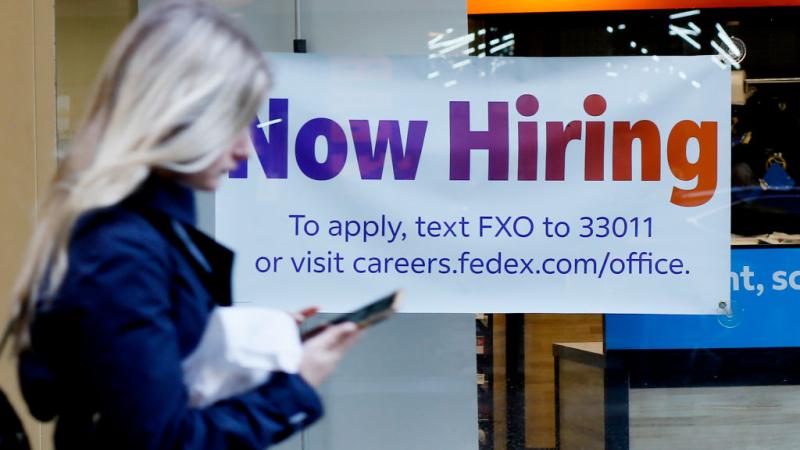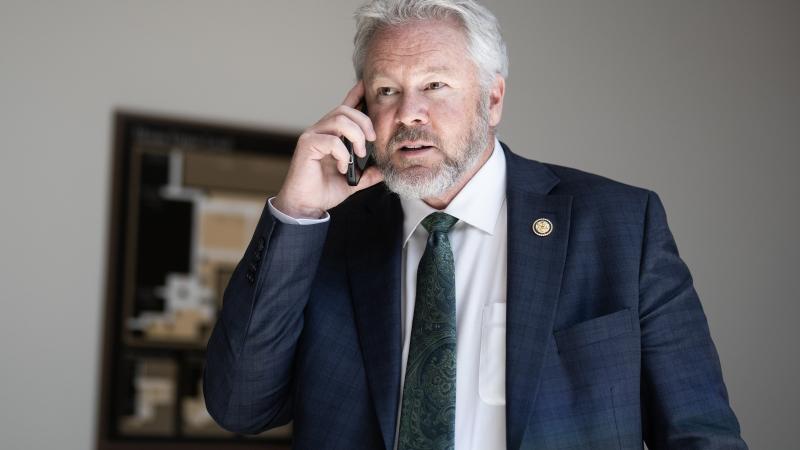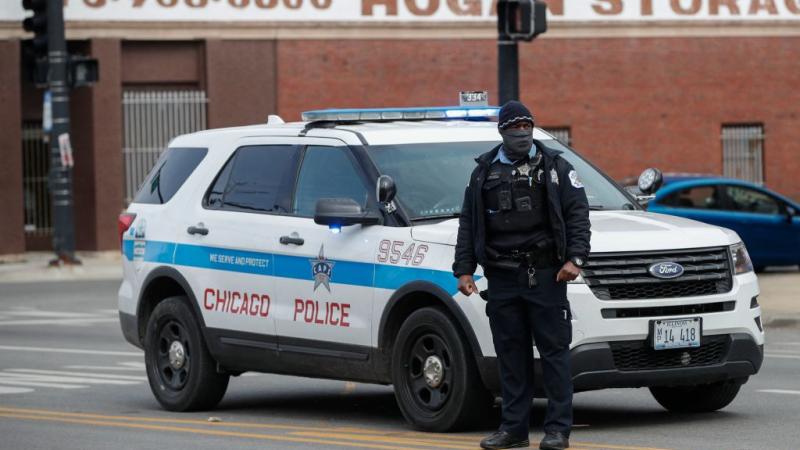Pennsylvania taking up plan to ban gender transitions for minors
“The gender-related procedures at the center of this hearing are not health care and are not harmless,” said bill sponsor Sen. Judy Ward, R-Hollidaysburg.
(The Center Square) -
The debate over whether children should undergo gender transition treatments has grown in fervor since Election Day, though a pending bill to ban the procedures in Pennsylvania has not.
The Senate Majority Policy Committee, filled entirely with Republicans from the upper chamber, will center the issue at a hearing in Altoona next week. Parents, medical professionals, and detransitioned patients will share their perspectives on why the pending legislation, called the Do No Harm Act, should become law.
“The gender-related procedures at the center of this hearing are not health care and are not harmless,” said bill sponsor Sen. Judy Ward, R-Hollidaysburg. “This hearing will give us a much-needed look into the real, permanent, and long-term harm that so many children are suffering because of these procedures at the hands of those who are charged to care for them.”
The bill echoes the name of a medical advocacy group critical of the pediatric field’s embrace of the interventions called Do No Harm. The organization says physicians are too quick to prescribe puberty blockers and perform gender dysphoria surgeries, causing irreversible damage to bone strength, fertility and brain maturity.
Ward sponsored the legislation in December, though it has not yet been formally introduced.
Do No Harm published a database in October that compiles claims from private and public insurers – apart from Kaiser Permanente and the Department of Veterans Affairs – that have been cross-referenced to ensure the procedures covered are for gender-affirming care specifically.
After an October press conference in Harrisburg with state legislators, Serio told The Center Square that families that pay out of pocket aren’t captured in the data. This, combined with the group’s methodology, means the total number of procedures is undercounted.
It’s a notable distinction given research from the Harvard T.H. Chan School of Public Health published in June that indicates 97% of breast reductions performed on minors in 2019 were for cisgender males. The term cisgender describes people who do not identify as the opposite sex.
Researchers, who similarly scoured insurance claims, said the procedure was chosen for analysis because it’s one of the few covered surgeries for children and adults diagnosed with gender dysphoria.
In a news release describing the study, co-author Elizabeth Boskey, an instructor in Harvard’s Department of Social and Behavior Sciences, said the data illustrates the rarity of surgeries performed on transgender, or TGD, minors, backing up “that U.S. surgeons are appropriately following international guidelines around assessment and care.”
Lead author Dannie Dai, a research data analyst in the Department of Health Policy and Management, said legislation in 25 states that bans gender-affirming care isn’t about protecting children, but rather “is rooted in bias and stigma against TGD identities and seeks to address a perceived problem that does not actually exist.”
Dr. Stanley Goldfarb, chairman of Do No Harm, begs to differ, saying the “first-of-its-kind project” paints a different picture.
“While this data represents the tip of the iceberg, this is the first step in holding the medical establishment accountable for participating in, and often times promoting, predatory and unscientific medical interventions for vulnerable children,” he said.
According to data provided by the group, between 2019 and 2023, insurance companies covered 558 claims for puberty blockers and 321 surgeries for more than 800 minors in Pennsylvania. Of the latter, managed Medicaid approved 125 of the procedures, while commercial companies handled the remaining 196.
That translates to just under $5.9 million submitted hospital claims; $469,592 for puberty blockers, and for surgeries, $2.9 million from private insurers and $2.5 million from managed Medicaid.
Nationally, the database claimed just under 14,000 minors received gender-affirming care, totaling more than $119 million.
